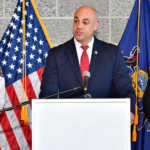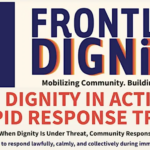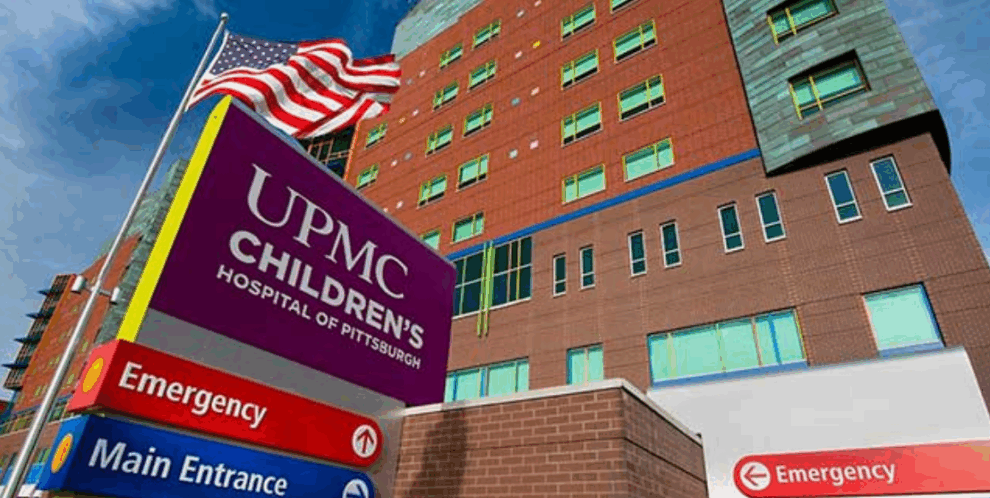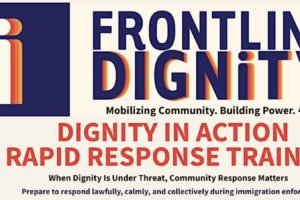Attorneys say evidence points to doctors submitting inaccurate diagnoses to secure insurance coverage for treatments used to push minors into the transgenderism pipeline.
Federal investigators say they have uncovered evidence of possible fraudulent billing practices at Pennsylvania hospitals that committed transgender procedures on minors, including UPMC Children’s Hospital of Pittsburgh and the Children’s Hospital of Philadelphia (CHOP).
In sworn declarations, DOJ attorneys say there is evidence suggesting doctors may have submitted inaccurate diagnoses and billing codes to secure insurance coverage for treatments like puberty blockers and cross-sex hormones that are often prescribed off-label. The allegations, while not yet formal charges, mark the latest escalation in a broad Justice Department crackdown on transgender treatments for kids under the Trump administration.
At the heart of the probe is the use of diagnoses like central precocious puberty, a legitimate condition in which children begin puberty abnormally early, to justify insurance coverage for puberty blockers. DOJ analysts have found that nearly 250 CHOP patients over the age of 10, including some as old as 18, were coded as having the condition between 2017 and 2024. The DOJ contends that this age range is inconsistent with the clinical definition and points to deliberate misclassification to gain coverage for trans procedures.
The Department also noted that similar concerns have arisen about practices at UPMC, though it stopped short of detailing specific allegations against the Pittsburgh facility. The DOJ indicated that the investigation includes possible violations of the Food, Drug and Cosmetic Act and the False Claims Act, which are serious federal offenses tied to fraudulent billing or misbranding medications.
UPMC has denied any wrongdoing and emphasized that the filings contain “no substantive allegations of fraud.” In a statement, the hospital acknowledged it ceased offering hormone therapy and puberty blockers to patients under 19 earlier this year, citing legal risk following Trump’s January executive orders protecting minors from such procedures.
CHOP, meanwhile, has fought the DOJ’s subpoena in court, arguing it is an overreach into patients’ constitutionally protected medical privacy. Attorneys representing patients and families say the federal government is weaponizing subpoenas to push a political agenda, but the DOJ says CHOP is too involved in the world of transgender procedures to avoid suspicion.
“Given the significant number of children treated at CHOP’s gender clinic, combined with its knowledge that potential federal healthcare offenses may systematically be occurring in the provision of gender-related medical care for minors, the government has ample reason to suspect that such offenses may be occurring at CHOP,” said Lisa Hsiao, acting director of the DOJ’s Enforcement and Affirmative Litigation Branch.
So far, the DOJ has issued more than 20 subpoenas to hospitals and clinics nationwide, demanding records. Due to legal pushback, the department’s attempts have not been entirely successful; in July, a federal judge in Massachusetts sided with Boston Children’s Hospital in a similar case, ruling the DOJ’s demand for broad access to records lacked justification.
As the court battle unfolds, broader political tensions simmer. President Trump and Attorney General Pam Bondi have been clear that the administration will treat transgender procedures for minors as acts of abuse. They argue the federal government has a duty to protect children from unproven medical interventions, especially those that cause irreversible changes children may one day regret.











